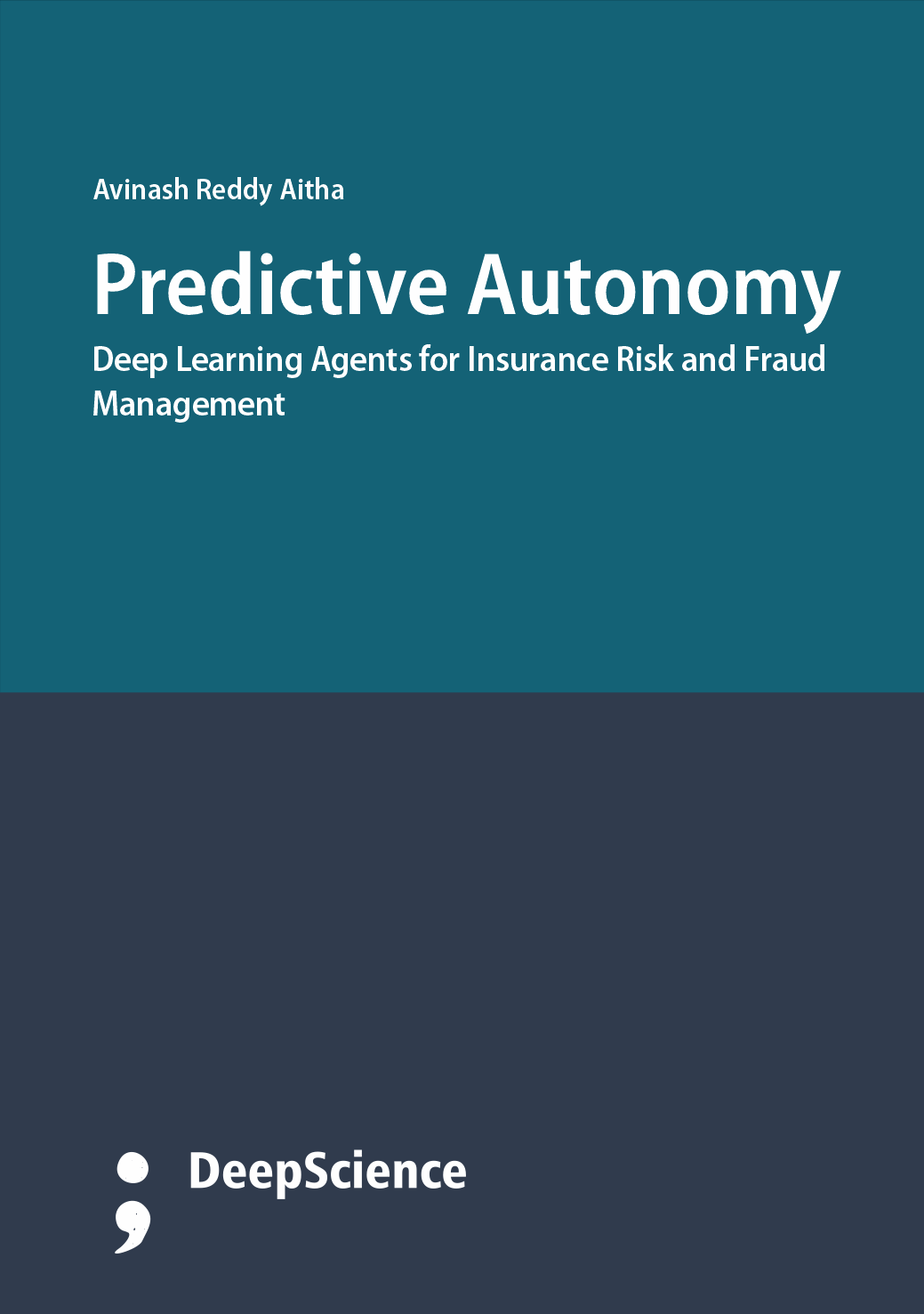Deep Learning Foundations for Intelligent Decision-Making
Synopsis
Emerging in the 1940s, the path to deep learning was not without its stumbling blocks. A bitter setback, termed the first AI Winter in the mid-1970s, caused almost all AI research to grind to a halt. Early in the new millennium, applying multilayer Perceptrons (MLP) during the training process took too long to be practical. But finally, deep learning won through, reshaping the Artificial Intelligence landscape forever Deep learning, a subset of machine learning, stands at the forefront of Artificial Intelligence research and applications. It focuses on redefining feature extraction within input data, discernible in several successful domains. Prior to establishing these foundations, an overview of key words presents the essential concepts.
Keywords Before diving into foundational topics, a concise overview of key words is in order. Training a deep learning model involves diverse development stages, supported by several frameworks, each boasting unique characteristics. TensorFlow and PyTorch respectively offer those capabilities, while Keras streamlines the training, evaluation, and prediction processes. TensorFlow and Keras often operate in tandem, with Keras delivering an API tailored for Python—as does PyTorch, renowned for its flexibility and user-friendliness in application development.













